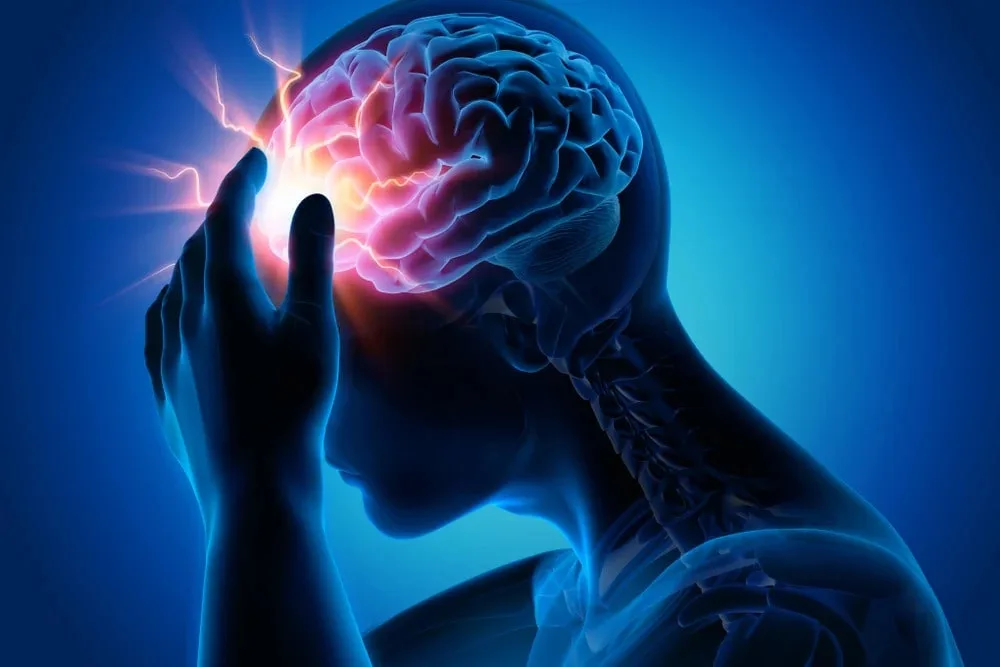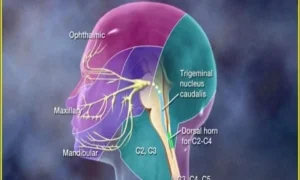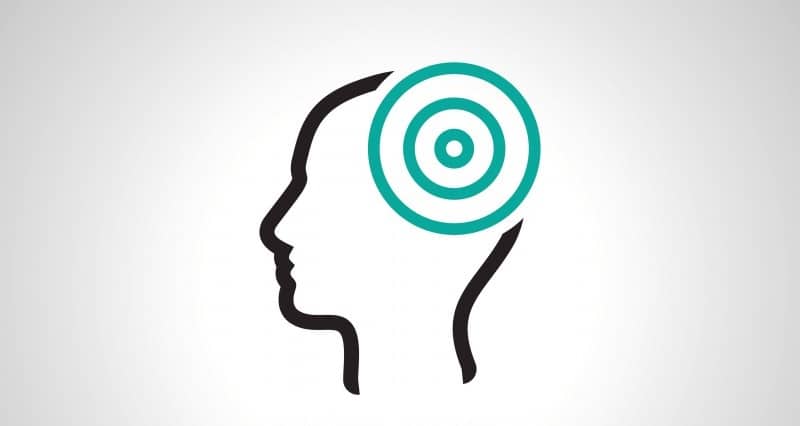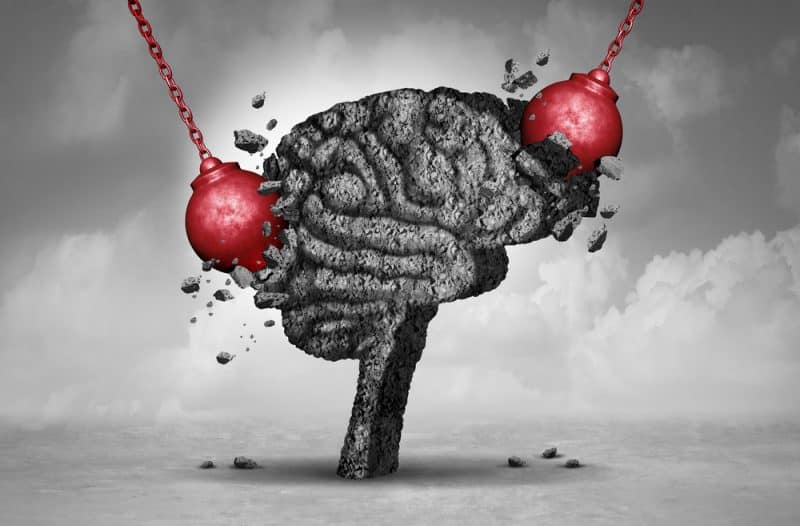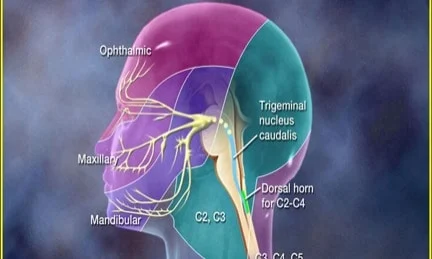Headache is a type of pain occurring in the head or upper neck. Nearly everyone has felt headache pain at some point, and according to statistics, over half of all adults aged 18–65 years in the world have had at least one headache in the last year. When a headache strikes, many people choose to take medication to relieve the pain symptoms. However, it is important to be aware that many medications also list headaches as a side effect.
It may seem paradoxical, but some medications used to treat headaches can also cause the so-called medication overuse headaches or rebound headaches. Consequently, overusing analgesic medications by exceeding the recommended dose or not following your health practitioner’s advice can result in this type of debilitating headache.
What are the symptoms of medication overuse headaches?
Medication overuse headaches often result in a persistent, tension-type, and dull headache that occurs daily, or nearly every day. Often, rebound headaches occur upon waking up, and when taking medication, the headache can subsite for a few hours, but as the medicine wears off, the headache pain comes back. Moreover, taking more pain relief medication can make the condition worse in the long term.
Who can get medication overuse headaches?
Rebound headaches can happen with regular or frequent use of any of the over-the-counter pain relief pills. However, migraine sufferers can be particularly vulnerable to medication overuse headaches, since they often self-medicate their recurrent migraine headaches with over-the-counter analgesics.
If you often experience headaches and use over-the-counter or prescription medication (or both) for more than 10-15 days a month, you may develop medication overuse headaches.
What are the symptoms of rebound headaches?
The signs and symptoms of medication overuse headaches can vary according to the type of headache being treated, type of medication used and length of medication use.
Often, symptoms of rebound headaches include the following:
- Daily headaches, often upon waking up in the early morning
- Headaches which improve with pain relief medication, but then “rebound” as the medication wears off
Other signs and symptoms of rebound headaches can include:
- Irritability
- Difficulty concentrating
- Memory problems
- Restlessness
Which medications can cause rebound headaches?
Medication overuse headaches can develop with frequent use of any of the over-the-counter pain relief (analgesic) and some prescription medications. Medications which contain the sedative butalbital have a higher risk of causing rebound headaches.
Moreover, prescription painkillers that contain opiates, including medicines that contain a combination of Codeine and Acetaminophen, also have an increased risk of causing medication overuse headaches. Small amounts of these medications per week are typically safe and effective for headache pain treatment. However, taking them in larger doses or more frequently than recommended can cause persistent rebound headaches.
Here is a list of some of the most likely culprits for causing medication overuse headaches:
- Aspirin
- Acetaminophen
- Sinus decongestants
- Nonsteroidal anti-inflammatory drugs (NSAIDs), including Naproxen and Ibuprofen
- Codeine
- Certain sleep medications
- Certain migraine medications, including tryptans and ergotamines
Moreover, daily intake of caffeine from soda drinks, coffee, and pain relievers and other products containing this stimulant can also contribute to development of rebound headaches, as well. Therefore, it is important to read product labels to avoid unknowingly consuming more caffeine.
What is the treatment for rebound headaches?
The only way to stop medication overuse headaches from occurring is restricting your use of pain medication. The process of limiting pain medication is individualized based on the types of drugs used, as well as on duration of use.
In order to treat your rebound headaches safely, you should consult your doctor to create a plan for your treatment. Your doctor may have you quit your pain medications at once, or slowly taper your use, depending on your assessment.
How can I prevent rebound headaches?
Medication overuse headaches can be prevented by taking pain medications as prescribed or recommended on the label of over-the-counter medications. It is generally recommended to avoid taking simple over-the-counter pain relievers for headache for more than two consecutive days or for more than 14 days each month.
Also, it is not recommended to take over-the-counter combination medications containing caffeine or prescription migraine medications for longer than 9 days a month.






